FAQ - Biostimulants
-
What are biostimulants?
Biostimulants are substances or microorganisms that enhance plant growth, nutrient uptake, stress tolerance, and overall plant health. In regenerative agriculture, biostimulants play a crucial role in improving soil health, promoting sustainable farming practices, and reducing the need for synthetic inputs. This is usually done by nourishing, or adding to, the microbiome of the soil.
-
How do biostimulants help the soil?
Biostimulants enhance soil biological activity by stimulating beneficial microorganisms, such as mycorrhizal fungi and nitrogen-fixing bacteria. They can also improve soil structure, water-holding capacity, nutrient availability, and organic matter content, leading to healthier and more resilient soils. This can be through nourishing with chelated trace elements, vitamins and hormones, adding adding beneficial microbes as a probiotic (although there is some contention to the efficacy of adding non indigenous microbes, but if they all die they will add to the necromass and therefore stable carbon in the soil), and by encouraging strong plant growth, encouraging more exudates - thereby building up the soil.
-
What are some commonly used biostimulants?
Common types of biostimulants include microbial inoculants, such as beneficial bacteria and fungi, seaweed extracts, humic substances, fulvic acids, and plant growth-promoting substances like amino acids and enzymes. Not to be forgotten are chelated minerals / trace elements.
-
Can you use biostimulants in orgnaic farming?
Many biostimulants are compatible with organic farming practices. But, it is essential to check that the specific biostimulant products used are compliant with organic certification standards and regulations. All in all, if the label says its ok, then it is fine.
-
Do biostimulants work?
Yes - its not all just woowoo and feel good vibes that makes them work either. Converte Pty Ltd has had an independent Phd completed on their Plantfood biostimulant. This is just ne example of the in depth research that is now going into more sustainable practices. Keep an eye on my blog for more reserach papers, trials, and solid science about biostimualnts.
-
How do biostimulants contribute to sustainable farming?
Biostimulants reduce the reliance on synthetic fertilizers, pesticides, and herbicides, thereby minimizing the environmental impact of agricultural practices. By enhancing plant health and nutrient uptake, they can also optimize nutrient use efficiency, reduce nutrient losses, and improve crop yields.
-
What are chelated minerals?
Chelation refers to an additive to any element which makes it cling to, and therefore be taken up by, a plant, animal, or manufacturing process. Essentially if you see that something it “chelated” it means it has been processed or added to so that it will be effective in being taken up. The most common chelators in ag are seaweed extract and fulvic acid. If you want hard science behind it. look up David Mennes, who was was decades ahead of his time, designing the chelator that clings to gold to extract it in a mining setting. He then went on onto design the chelation mix many biostimulant or input companies use today.
-
Is worm wee a waste of money?
While the science is lagging behind the evidence, worm extract can be very effective. We are learning now that worm extract contains autoinducers which signal particular things to the plant, causing healthier behaviour. It is amazing stuff. But be careful where you get it from. As with everything, not all worm wee is the same.
-
What is an autoinducer?
Autoinducers are signaling molecules produced by microorganisms, including plant growth-promoting bacteria, in the rhizosphere. In the context of biostimulants, autoinducers play a role in mediating beneficial interactions between plants and microbes, promoting plant growth, nutrient uptake, and stress tolerance through enhanced communication and signaling pathways.
-
Is compost a good thing to use in regen farming?
es, compost is excellent for regenerative farming. It enriches the soil with nutrients, enhances soil structure, and fosters beneficial microbial activity. Compost also works as a biostimulant, promoting plant growth and health, aiding in carbon sequestration, and improving the soil's water-holding capacity. But be careful where you get it from. Not all compost is the equal in quality and effectiveness.
